Benjamin Houy has shut down Lorelight, a generative engine optimization platform that tracked brand visibility in AI assistants. He announced the decision on LinkedIn and in a detailed blog post. The move drew mixed reactions from SEO and marketing practitioners.

Key details
- Lorelight measured how often brands were cited or mentioned in answers from ChatGPT, Claude, and Perplexity. Houy founded and led the platform.
- After reviewing hundreds of AI answers, Houy concluded most brands do not need a dedicated GEO tool.
- Customers liked Lorelight's insights but often churned because the data rarely changed their tactics.
- Houy argued GEO tracking is better as a signal within broader SEO suites rather than a standalone product.
Houy's rationale
In his LinkedIn announcement, he claims the market does not need a separate GEO strategy and that assistant visibility follows established brand and content fundamentals. He also explains in a blog post that while Lorelight's insights were useful, they seldom shifted customer tactics.
"There's no such thing as 'GEO strategy' or 'AI optimization' separate from brand building."
"The AI models are trained on the same content that builds your brand everywhere else."
Industry reaction
Responses on LinkedIn were split:
- Lily Ray praised the transparency behind the decision.
- Randall Choh argued that assistant-driven searches can carry stronger conversion intent.
- Karl McCarthy highlighted the role of content quality, authoritative mentions, and reputation in driving assistant mentions.
- Nikki Pilkington raised consumer-fairness questions about shutting down the product.
Background
Lorelight's mission was to measure brand visibility within AI assistant answers and monitor how assistants cited or mentioned brands. Houy framed GEO as overlapping with existing brand and content signals, noting that quality content, authoritative mentions, reputation, and subject expertise correlated with frequent assistant mentions. In practice, GEO refers to optimizing for generative answers rather than traditional web rankings, a space Houy places within broader marketing and SEO fundamentals.
Why it matters
- Assistant visibility appears to reflect brand building and content authority more than standalone GEO tactics.
- Teams evaluating GEO should consider integrating assistant tracking as a signal within existing SEO suites.
- Marketers continue to debate conversion potential from assistant-driven queries, making measurement approaches an evolving area.

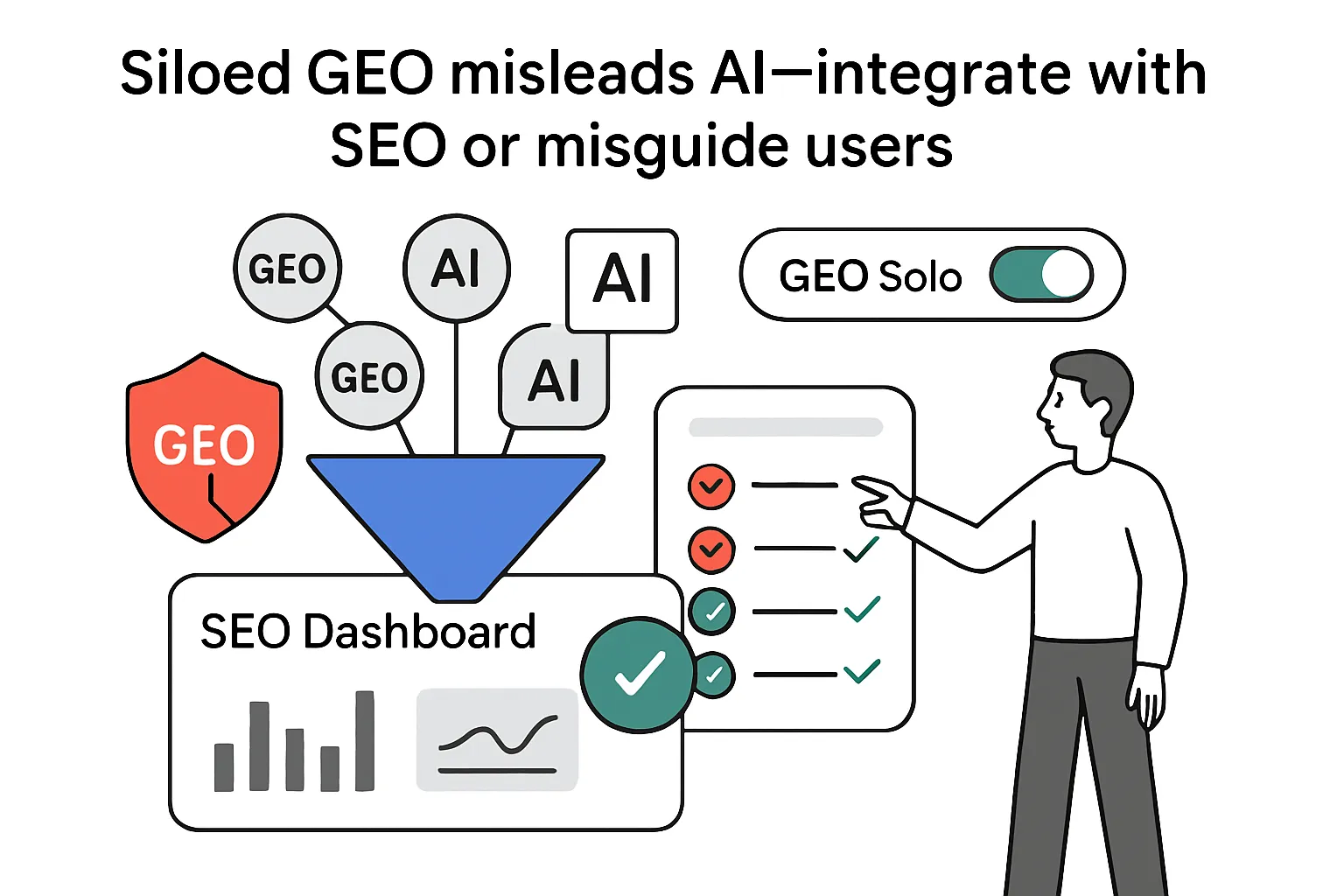


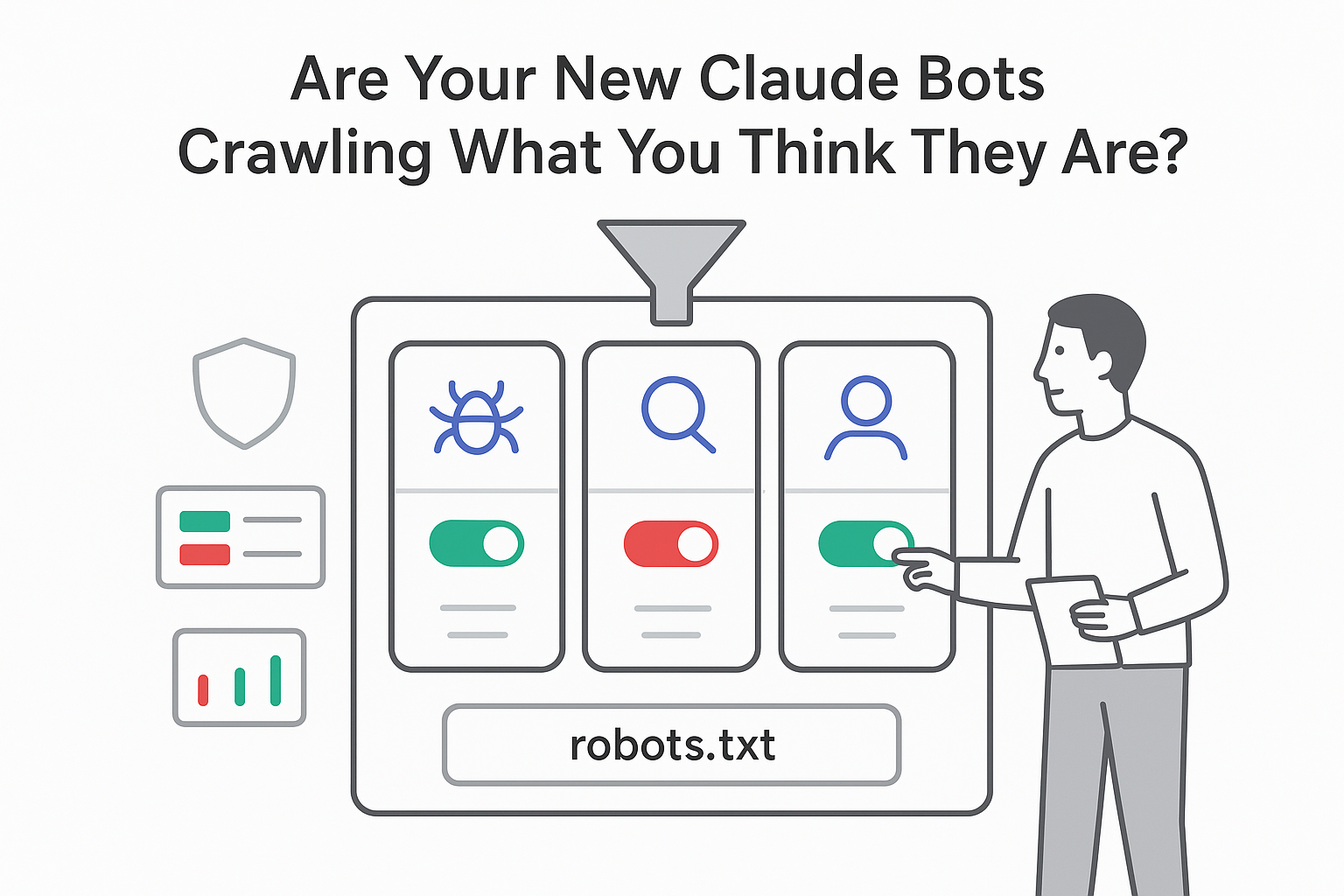
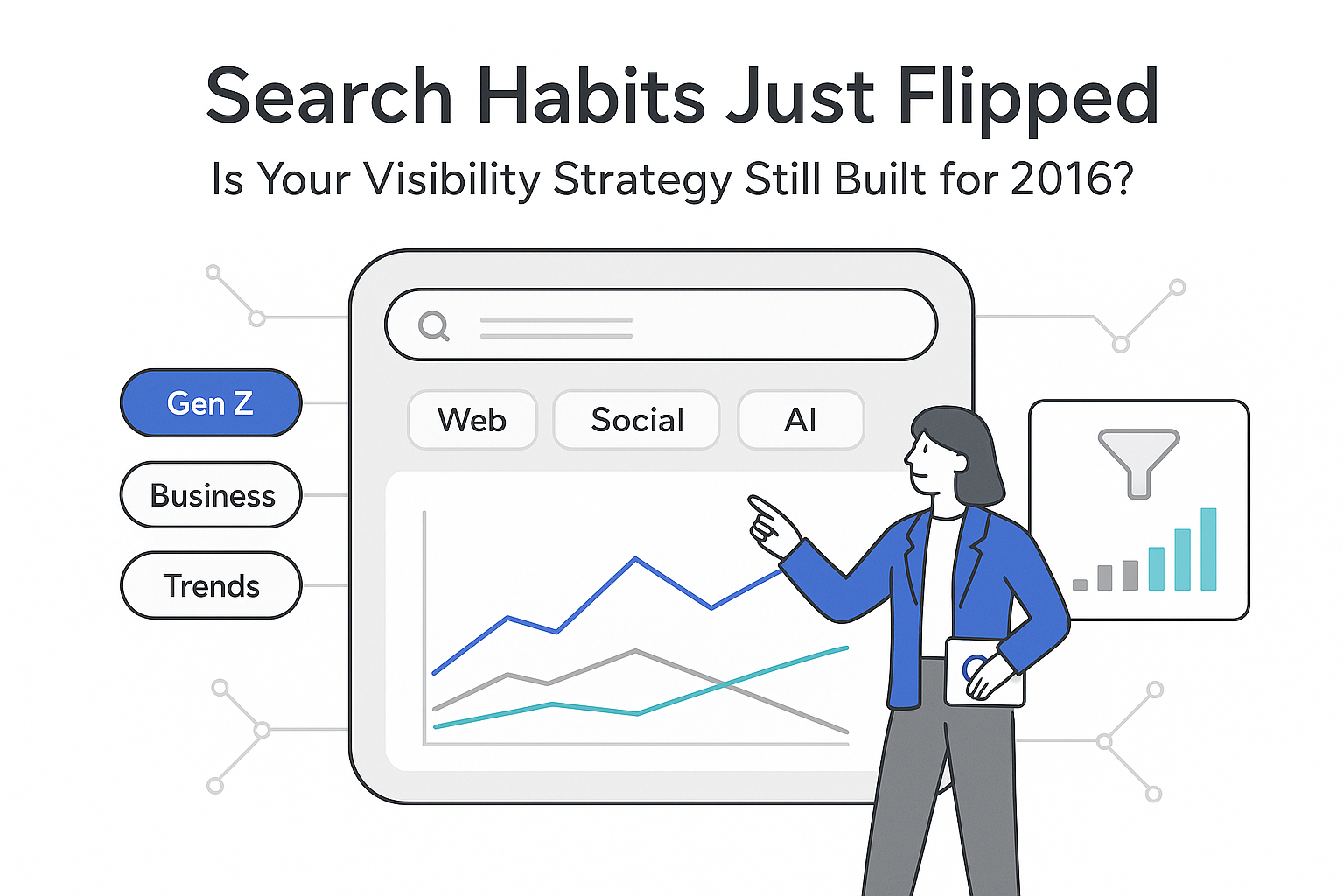
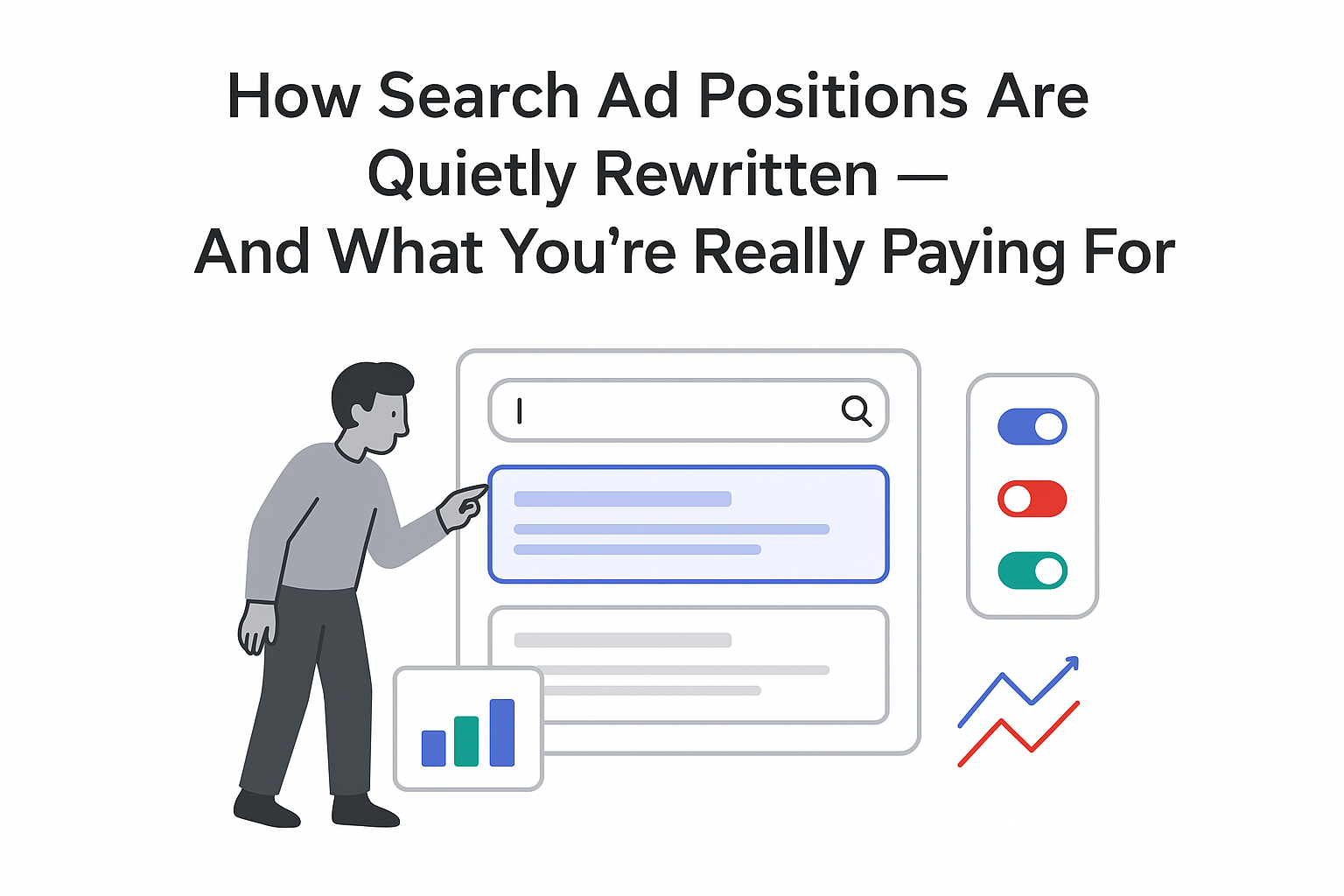
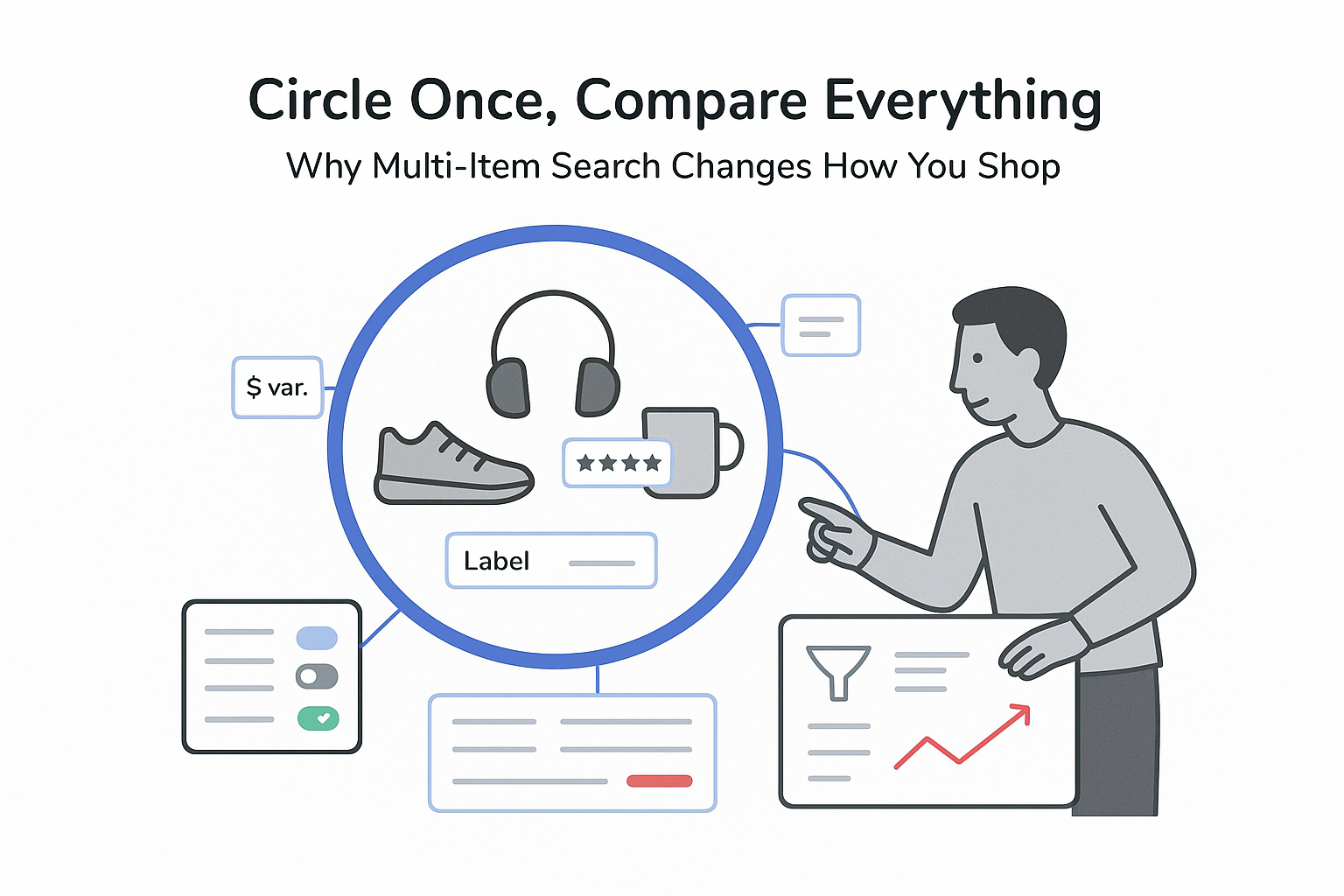
.svg)